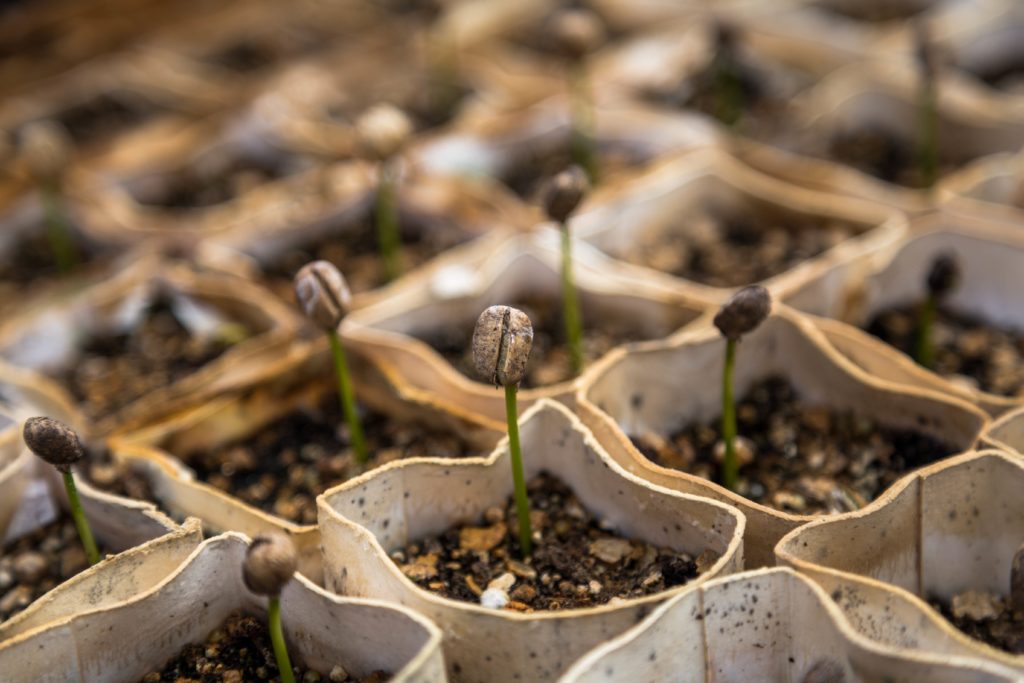Introverts hate ice-breaker games. It’s a fact. Okay, I hate ice-breaker games. You know what I’m talking about, right? The games where you’re sitting in a group of near-strangers and a leader announces some game designed to help everyone get to know each other, and if you’re an introvert like me, you try to fade into the background because you’d rather just pair up with one person and ask them a billion questions about their life instead of trying to figure out what kind of inanimate object you are or state what kind of vegetable you like or–the worst–remember the names of everyone in the group.
Ice-breaker games. I thought I gave those up after college.
I showed up to the biweekly women’s group for refugees thinking we were going to make crafts, which I wasn’t excited about, but I’ll do just about anything for these women, including make crafts. As it turns out, the person who was supposed to lead us in arts and crafts had cancelled the day before and we were initiating a back-up plan. Ice-breaker games.
The announcement didn’t cause me as much anxiety as it used to, so I take that as a sign that I’m growing and changing. I sat down next to a Somali woman who was attending the group for the first time. I asked about her family and we cobbled together a conversation in simple and broken English. I explained to her what was going to happen, that we were going to play some games. And the first game was “Two Truths and a Lie.”
At least I was familiar with this ice breaker. It’s a youth group/church camp favorite. (Which I now find hilarious that we simultaneously teach our kids not to lie and then encourage it as part of a game. Side track. Sorry.)
I was so busy typing the statements of the first participants–who happened to be the staff and volunteers–into Google translate and trying to help my new friend decipher which one was a lie, that I didn’t realize my turn had come. I’m a writer, so I’m good at making things up. If it had been three lies, I think I would have felt good. It’s the truths part that is harder for me. So I spit out three things: 1. I have not lived in Pennsylvania my whole life. 2. I love coffee. 3. I have three children.
Most of the women guessed number 1, and in my head, I got confused about whether I had stated a truth or a lie, so I said, “yes, number 1. No, wait, I grew up in Illinois. I only have two children.” We all laughed and I was not embarrassed at my mistake.
When my Somali friend’s turn came, she said her three things. We encouraged all the women to speak their statements in English, which was more the intent of the game than the getting to know you part. The group leader said, “Okay, so which one is the lie?” We all tried to guess and my Somali friend said, “What is this ‘lie’?” She had told us all truths.
This pattern would repeat for the next several women who said they did not want to lie, and this was my first clue that I was about to experience something completely different where ice-breaker games were concerned. When Americans play this game, we exaggerate things. I have five brothers or six kids or I’ve flown around the world. These women told us things like I have 10 brothers and 8 sisters and my mother is dead and I had no idea if any of them were false.
Until one Cuban woman reminded us that sometimes an obvious lie is just what we all need to connect.
She spoke confidently but her English was still difficult to understand. We heard that she was someone’s wife but we asked her to repeat. “I am Donald Trump’s wife,” she said again, and all of us who understood doubled over with laughter. The Somali woman next to me wanted to know what was so funny, so I said, “She said she is the wife of the American president.” Her face broke into the widest smile I’ve ever seen and she cackled.
“Donald Trump! Oh no, no, he no good! Obama, yes. But Donald Trump, no!”
Her laughter spread to the rest of us and we spent several good minutes filling the gym with laughter. It was a holy moment for me because in any other setting, someone would have been offended by our laughter. But it was so free, and we all agreed that it was a ridiculous statement and sometimes laughter really is good medicine. None of us needed to speak the same language to understand the laughter.
When we had composed ourselves, the game continued and we all survived. Our next game was the one where we say our name and what kind of fruit or vegetable we like. We did not make everyone remember the previous statements, but apparently the “fruit or vegetable” part of the exercise was lost in translation because some women said they liked fish, chicken or chocolate. Whatever. We continued to play.
Then, we all stood and held hands and our leader told us to jump in and out of the circle, left and right. It was another exercise in chaos as left and right were sometimes mixed up. Then she threw a twist into it where we had to follow her directions but say the opposite. There was a lot more laughter, and the joining of hands is something powerful that I forget.
Our final game was charades, of sorts. We were divided into two groups and given a stack of animal pictures. We had to act out the animal for the other team to guess. Our first one was a sheep and no one was moving, so I got on my hands and knees and started saying “baa.” This is not normal behavior for me. Not the going first or the pretending to be a sheep. We acted like monkeys and elephants and roosters and cows and puppies and it was a ridiculous way to spend the afternoon.
Maybe there are no monumental takeaways from all of this except that I have literally never enjoyed ice-breaker games as much as I did that day. And that sometimes the only common denominator we need is laughter. And hand-holding.



